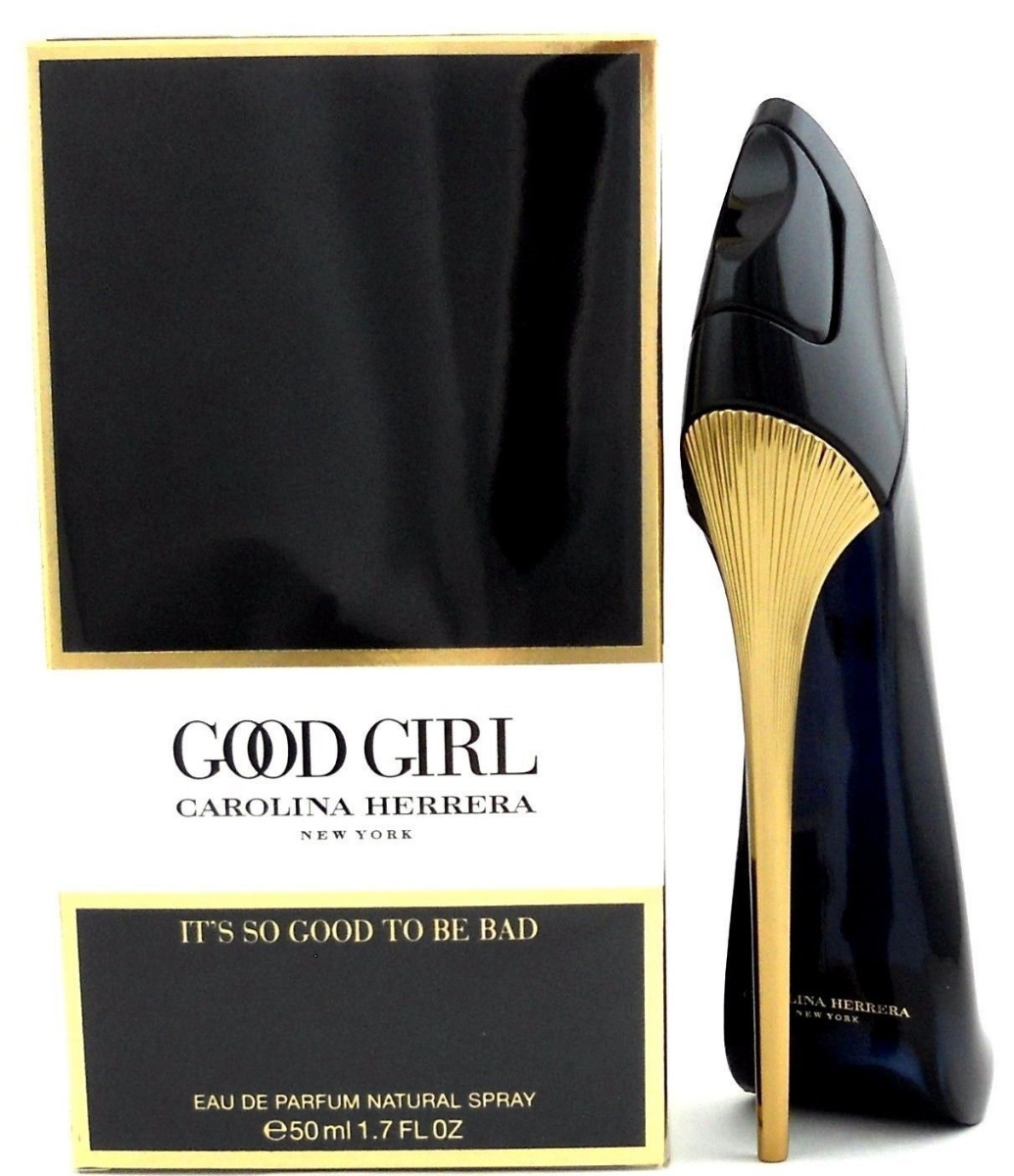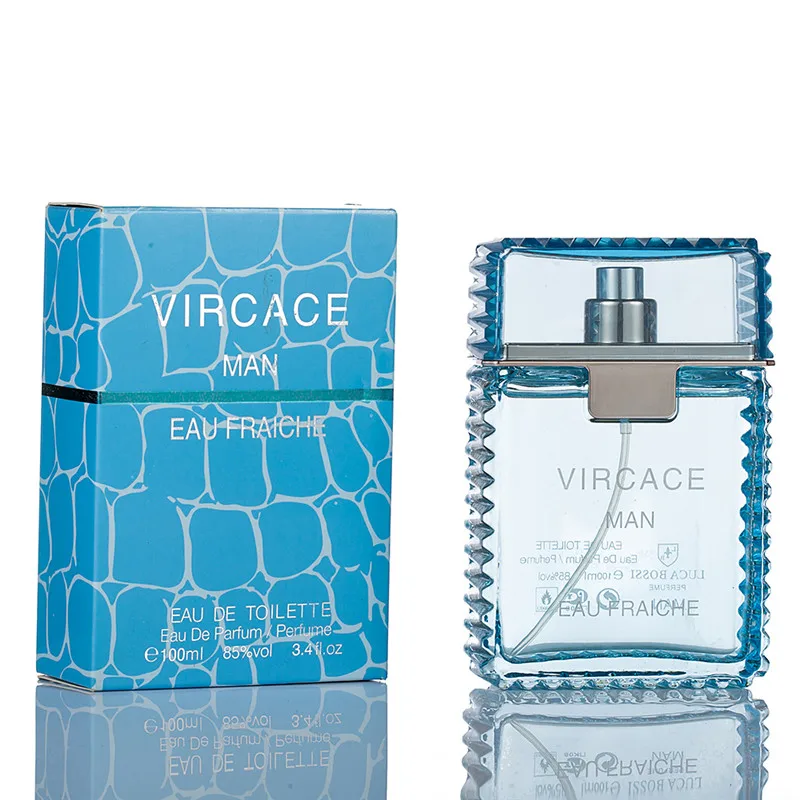
Excavations in 2004-2005 under the initiative of an Italian archaeological team unearthed evidence of an enormous factory that existed 4,000 years ago during the Bronze Age. To date, the oldest perfumery was discovered on the island of Cyprus. The report also states that terracotta vessels with plugged orifices of woven materials were used so that when fragrant plant materials were covered with boiling water the vapours impregnated the material, which was subsequently wrung out to isolate the oil. Īccording to a 1975 report, archeologist Dr Paolo Rovesti found a terracotta distillation apparatus in the Indus valley together with oil containers made of the same material, carbon dated to 3000 BCE. The text is written as Sanskrit slokas with commentary by a 10th-century Indian commentator Utpala. The perfume portion mainly deals with the manufacture of perfumes to benefit ‘royal personages’. He was one of the ‘nine jewels’ in the court of Vikramaditya. The perfume references are part of a larger text called Brihat-Samhita written by Varāhamihira, an Indian astronomer, mathematician, and astrologer living in the city of Ujjain. One of the earliest distillation of Ittar was mentioned in the Hindu Ayurvedic text Charaka Samhita and Sushruta Samhita. Perfume and perfumery also existed in Indus civilization, which existed from 3300 BCE to 1300 BCE. She recorded her techniques and methods and those were passed on, with her most groundbreaking technique in using solvents.

She developed methods for scent extraction techniques that would lay the basis for perfume making. She held a powerful role in the Mesopotamian government and religion, as the overseer of the Mesopotamian Royal Palace.

The world's first recorded chemist is a woman named Tapputi, a perfume maker whose existence was recorded on a 1200 BCE Cuneiform tablet in Babylonian Mesopotamia. The basic ingredients and methods of making perfumes are described by Pliny the Elder in his Naturalis Historia. Although perfume and perfumery also existed in East Asia, much of its fragrances were incense based. Perfume was refined by the Romans, the Persians and the Arabs. The word Perfumery refers to the art of making perfumes. The word perfume is used today to describe scented mixtures and is derived from the Latin word, " per fumus," meaning through smoke.

Egyptian scene depicting the preparation of Lily perfume


 0 kommentar(er)
0 kommentar(er)
